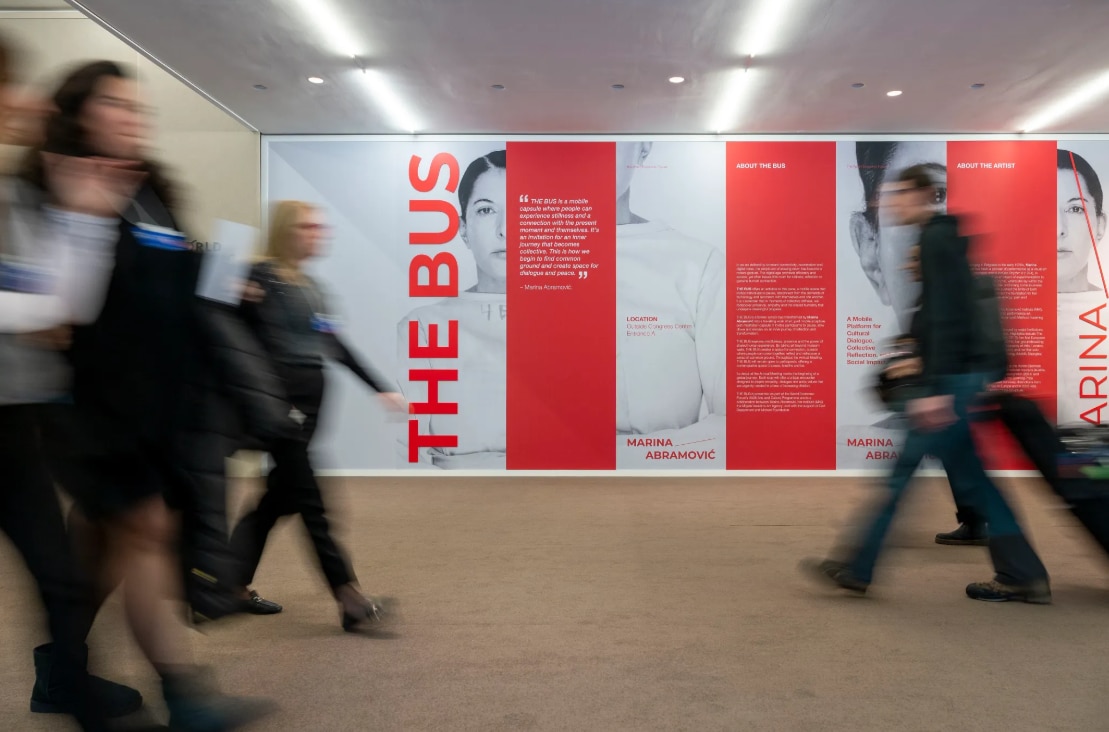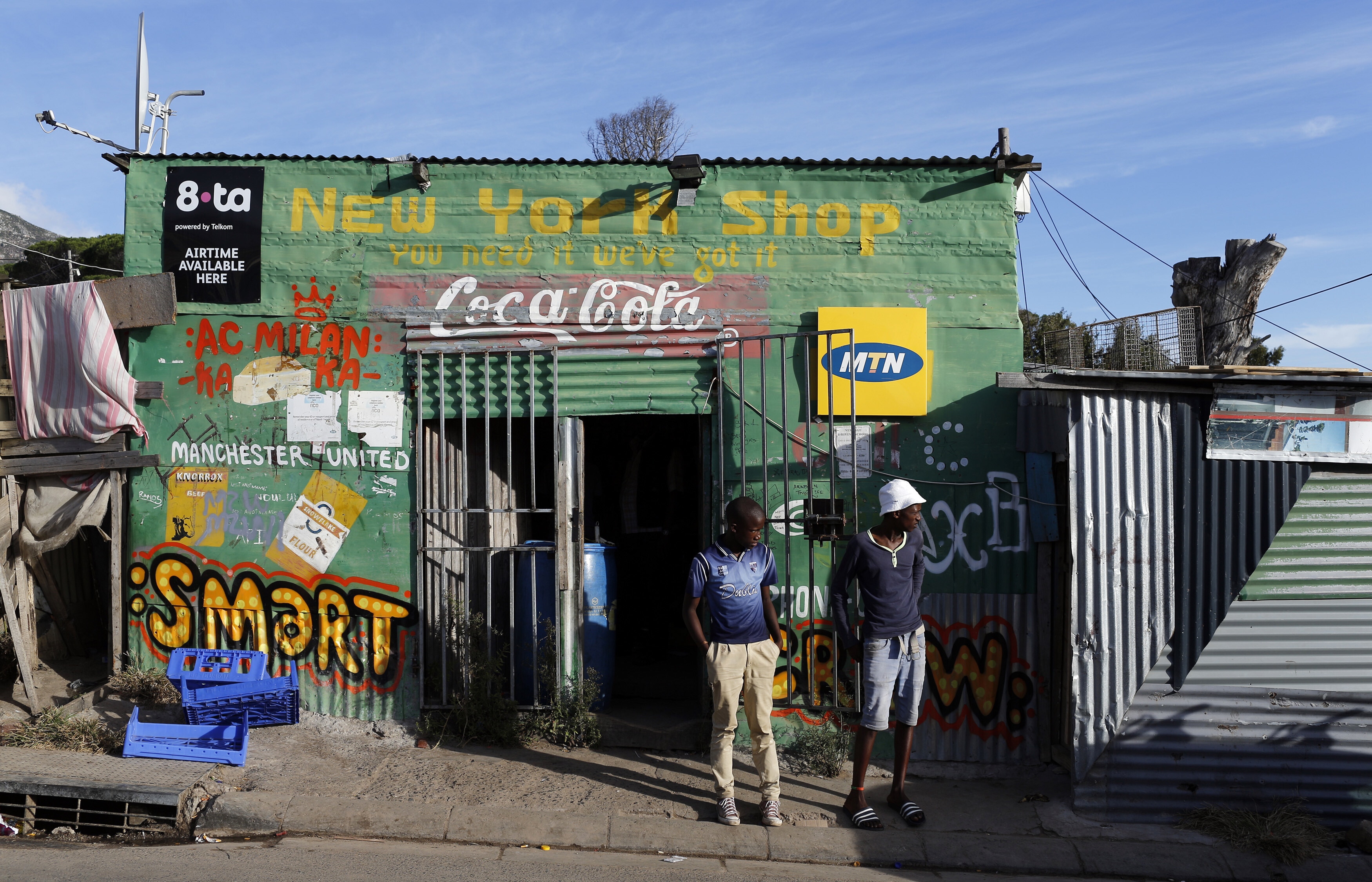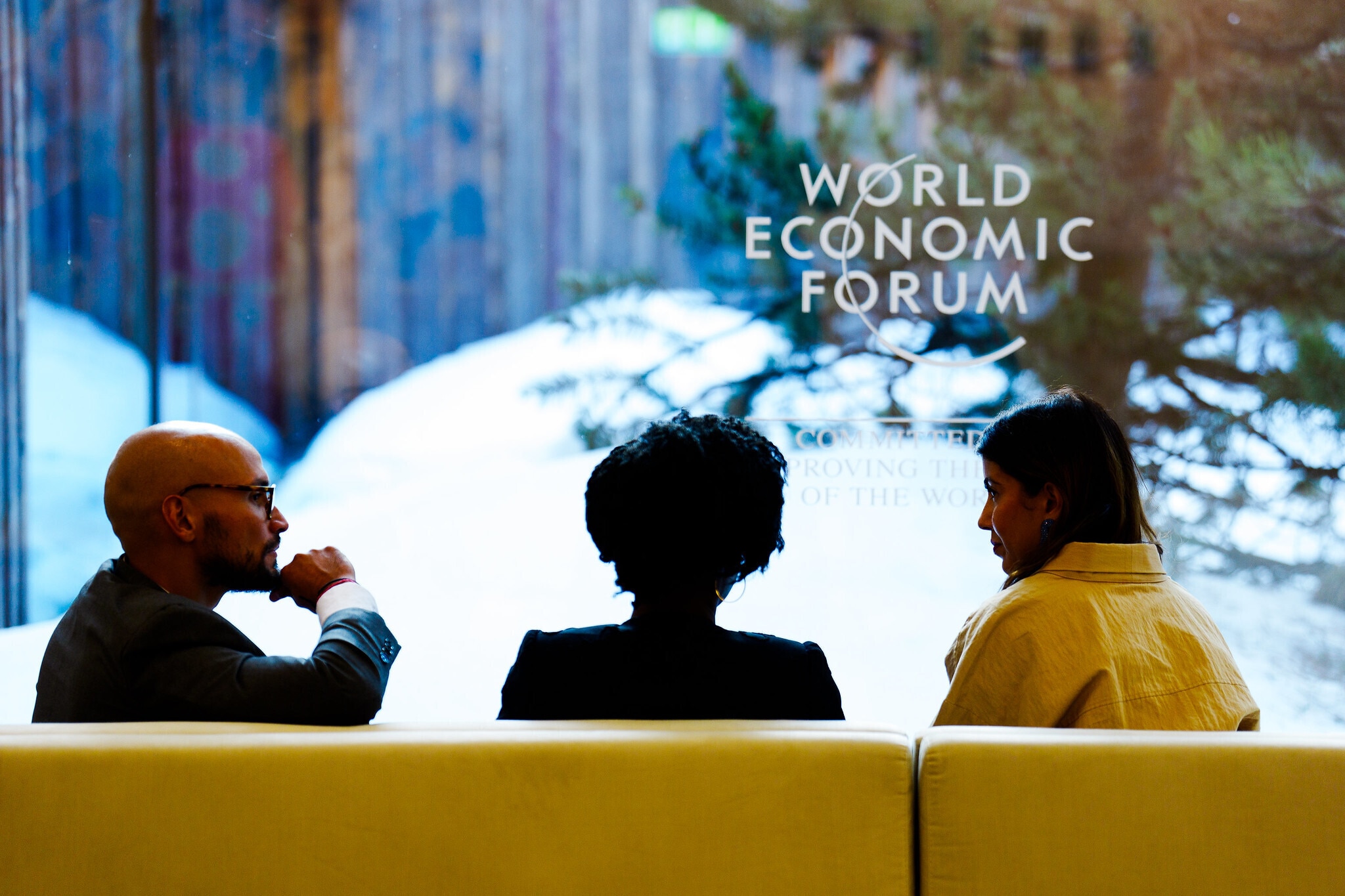How Senegal is empowering businesswomen

A new act hopes to spur start-ups. Image: REUTERS/Zohra Bensemra
Senegal's start-up scene is dominated by men, the laws are complex and the taxes are high - all reasons why talented businesswomen from the West African nation shy away from creating companies, said entrepreneur Seynabou Thiam.
"They tell themselves: 'It's too scary, I don't understand the system, I can't afford it," said 39-year-old Thiam, who started Kepaarel, a cafe and co-working space geared toward mothers in Senegal's capital Dakar.
This may soon change. Senegal in December became the second African country after Tunisia to pass a so-called start-up act - a law providing tax breaks and other benefits to innovative new businesses in fields from agriculture to mobile banking.
Senegal has a young population that is quitting its farms for the cities but not enough industry to employ them.
The government hopes to spur more local business with its reforms, and is prioritising digital technology as one of the pillars of President Macky Sall's "Emergent Senegal" plan.
Though it lags far behind bigger economies in the region such as Ghana and Nigeria, Senegal is the leader among Francophone countries in Africa and sees itself as a future tech and entrepreneurship hub for the continent.
The law, which is meant to come into effect later this year, applies to all start-ups but officials said they are targeting female and youth-run businesses in particular, as well as businesses that do good.
"This law will unleash the talent of our young entrepreneurs to have a real social impact," said Thierno Sakho, project manager at Senegal's $50 million state fund for start-ups.
"We want solutions that address... poverty, malnutrition and financial inclusion," he told the Thomson Reuters Foundation.
Dozens of Senegalese start-ups have launched in recent years including a recycling scheme for electronic waste and a digital wallet for storing medical records, though many have struggled to grow.
Hackathon
More than 60 Senegalese entrepreneurs helped draft the law in 2018 in a "hackathon," or collaborative workshop, said Eva Sow Ebion from i4Policy, an Africa-wide initiative for start-up policy reforms, which led the process.
Francophone Africa has lagged behind English-speaking African countries like Kenya and Nigeria in terms of tech and entrepreneurship, which some experts attribute to ease of doing business.
In 2018, only 5% of the $1.2 billion raised for tech start-ups in Africa went to French-speaking countries, with Senegal leading, according to the global investment firm Partech.
Senegal's new law defines "start-up" as a business label and grants companies that fit the criteria three tax-free years as well as training.
"This will change everything," said Thiam, who said her business was crippled in its early stages by taxes.
Senegalese women often run informal businesses cooking street-food and selling clothes but do not register them, which means they miss out on social benefits and funding opportunities, said Marina Gning, co-founder of a company that makes reusable menstrual pads.
The tax breaks have now been written into law but the government has yet to create a platform to register start-ups.
Sakho said there is a governmental group working on it and that they should be done by mid-year, but several entrepreneurs expressed concern about the amount of work that remains.
"I think there's a chance unfortunately that when it comes to implementation and the real impact this is supposed to have, that they won't deliver," said Abdoul Aziz Sy, head of Impact Hub, one of Senegal's main start-up incubators.
Don't miss any update on this topic
Create a free account and access your personalized content collection with our latest publications and analyses.
License and Republishing
World Economic Forum articles may be republished in accordance with the Creative Commons Attribution-NonCommercial-NoDerivatives 4.0 International Public License, and in accordance with our Terms of Use.
The views expressed in this article are those of the author alone and not the World Economic Forum.
Stay up to date:
Education, Gender and Work
Related topics:
Forum Stories newsletter
Bringing you weekly curated insights and analysis on the global issues that matter.
More on Equity, Diversity and InclusionSee all
Elizabeth Mills and Gayle Markovitz
January 30, 2026






